
Stroke
Latest News

Ticagrelor and Aspirin Combination Most Effective in CYP2C19 Carriers With Low Risk Profile
Latest Videos

CME Content
More News

Here's some of what is coming soon to NeurologyLive® this week.

At the 2022 AES Conference, the scientific researcher and clinical manager at the Icahn School of Medicine at Mount Sinai talked on seizure management with medication in poststroke patients. [WATCH TIME: 3 minutes]
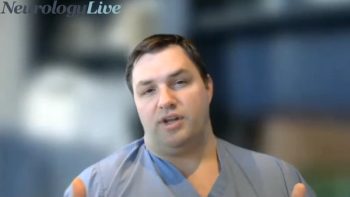
The neurosurgeon at Allegheny Health Network detailed the potential for robotics in neurosurgery over the coming years, and the vast improvements in comfortability during these procedures. [WATCH TIME: 3 minutes]

Take 5 minutes to catch up on NeurologyLive®'s highlights from the week ending January 13, 2023.

In preclinical animal models, NRL-1049 showed an ability to decrease ROCK-2 activation, a pathway that is hyperactivated in patients with cerebral cavernous malformations.

The neurosurgeon at Allegheny Health Network provided background on a new, state-of-the-art tool designed to ultimately improve neurosurgical procedures. [WATCH TIME: 3 minutes]
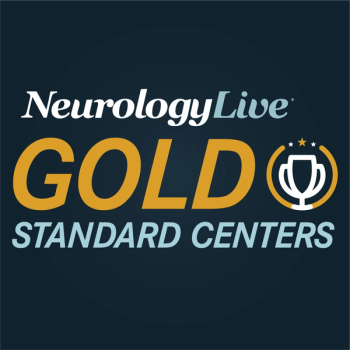
The virtual care program built by The Ohio State University Wexner Medical Center allows for expanded access to patient care in rural areas, improved decision-making, and hands-on experience for young neurologists.

Here's some of what is coming soon to NeurologyLive® this week.
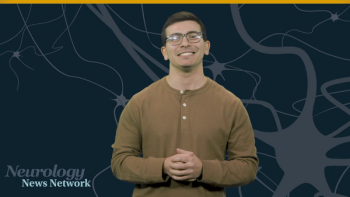
Neurology News Network for the week ending January 7, 2022. [WATCH TIME: 4 minutes]

Take 5 minutes to catch up on NeurologyLive®'s highlights from the week ending January 6, 2023.

In the phase 3 Clarity AD trial, a 65-year-old patient treated with lecanemab died because of multiple cerebral hemorrhages after undergoing tissue plasminogen activator therapy for ischemic stroke.

With this new approval, the Zoom RDL becomes the newest addition to Imperative’s Zoom Stroke Solution, a complete stroke system designed for effective clot removal in ischemic stroke.

Catch up on any of the neurology news headlines you may have missed over the course of the last month, compiled all into one place by the NeurologyLive® team.

Here's some of what is coming soon to NeurologyLive® this week.
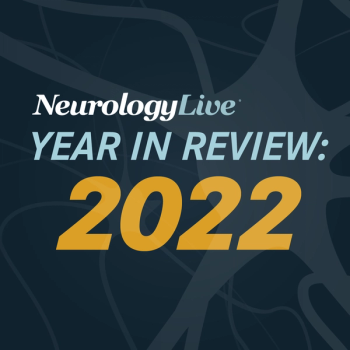
These were the most-watched interviews with experts in stroke and brain injury that we conducted in 2022, brought to you as part of NeurologyLive®'s Year in Review.

In 2022, these episodes of the Mind Moments® podcast got the most attention from listeners, with this list brought to you as part of NeurologyLive®'s Year in Review.

As part of NeurologyLive®'s Year in Review, take a look at our most-read news in stroke and cerebrovascular disease in 2022.

Here's some of what is coming soon to NeurologyLive® this week.

Take 5 minutes to catch up on NeurologyLive®'s highlights from the week ending December 23, 2022.

As part of NeurologyLive®'s Year in Review, we've compiled the most-read feature-length stories that appeared on the website in 2022.

As part of NeurologyLive®'s Year in Review, we've compiled the most-read question-and-answer interviews we've conducted with experts in various neurology specialties in 2022.

Using focused ultrasound waves, the Exablate Neuro platform has now gained the FDA greenlight for medication-refractory essential tremor, tremor-dominant Parkinson disease, and second side of essential tremor.

Here's some of what is coming soon to NeurologyLive® this week.

Take 5 minutes to catch up on NeurologyLive®'s highlights from the week ending December 16, 2022.
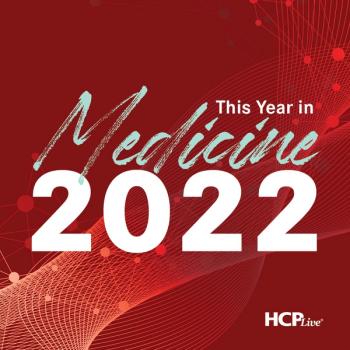
Almost 3 years since the beginning of the pandemic, continuous research efforts have begun to paint a better picture of the impact the virus has on the brain and the central nervous system.














